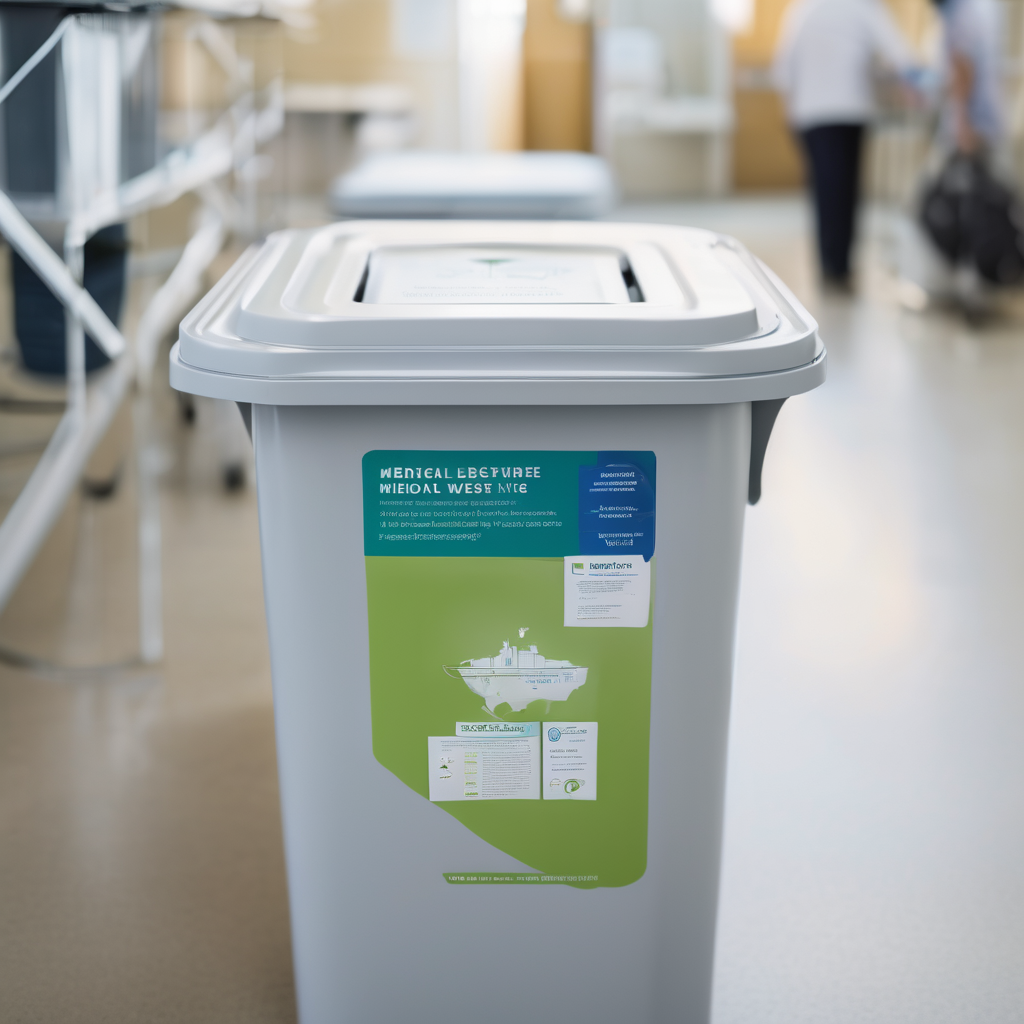The Health Ministry in Fiji has introduced a groundbreaking national healthcare waste management plan aimed at safeguarding both public health and the environment. Announcing this initiative, Health Minister Dr. Atonio Lalabalavu highlighted the longstanding threats posed by improperly managed medical waste from various healthcare facilities, including hospitals and clinics. These threats include risks of infection, injury, and environmental pollution.
This comprehensive plan establishes a national standard for the segregation, handling, transport, treatment, and safe disposal of healthcare waste, encompassing all nine subdivisions of the country. Dr. Lalabalavu emphasized that this plan represents a significant commitment to protecting healthcare workers, patients, and the wider community in Fiji.
Integral to the success of this initiative is the support from international partners such as UNICEF and the World Health Organization (WHO), which have contributed funds, guidance, and crucial training for frontline staff. The Ministry also collaborated with the Secretariat of the Pacific Regional Environment Programme to incorporate environmentally safe practices, ensuring protection of Fiji’s oceans and natural resources from contamination.
However, Dr. Lalabalavu warned that the success of this initiative relies heavily on healthcare staff adhering to the new protocols and thoroughly implementing the updated procedures. The Minister lauded the initiative as a bold, necessary step forward that underscores the power of strong partnerships and cohesive action in building a safer and sustainable future for all Fijians.
To facilitate nationwide adoption of these new standards, Dr. Lalabalavu officially launched the plan alongside a training-of-trainers program, designed to ensure thorough understanding and implementation across healthcare facilities.
This move aligns with previous efforts highlighted in Fiji’s National Development Plan (NDP) and Vision 2050, which detailed the severe challenges posed by inadequate medical waste management. Historically, the disposal of medical waste has been problematic, leading to significant health risks. Initiatives such as the installation of incinerators and increased public education on recycling and waste management have been part of ongoing efforts to address these issues.
By implementing this healthcare waste management plan, Fiji is taking a significant stride towards ensuring public health safety and environmental sustainability, which aligns with global standards and the country’s commitment to sustainable development. This plan holds promise for creating a cleaner, healthier environment, showcasing Fiji’s commitment to protecting its citizens and ecological systems.
